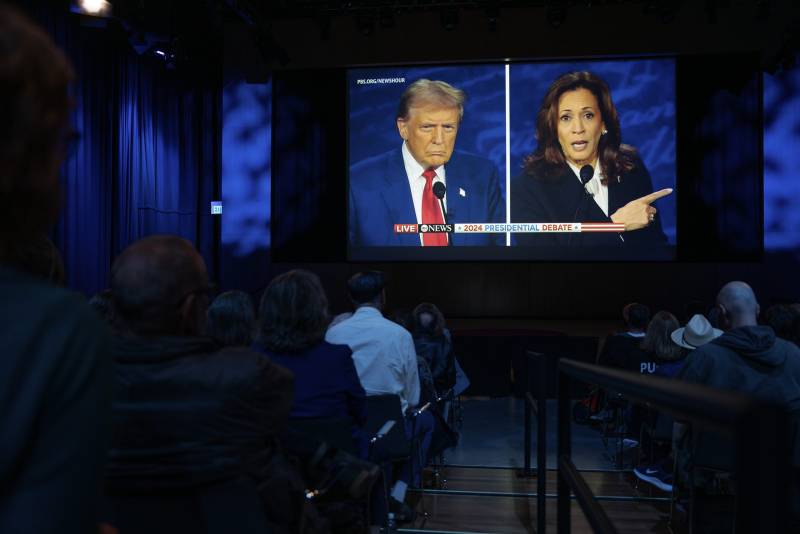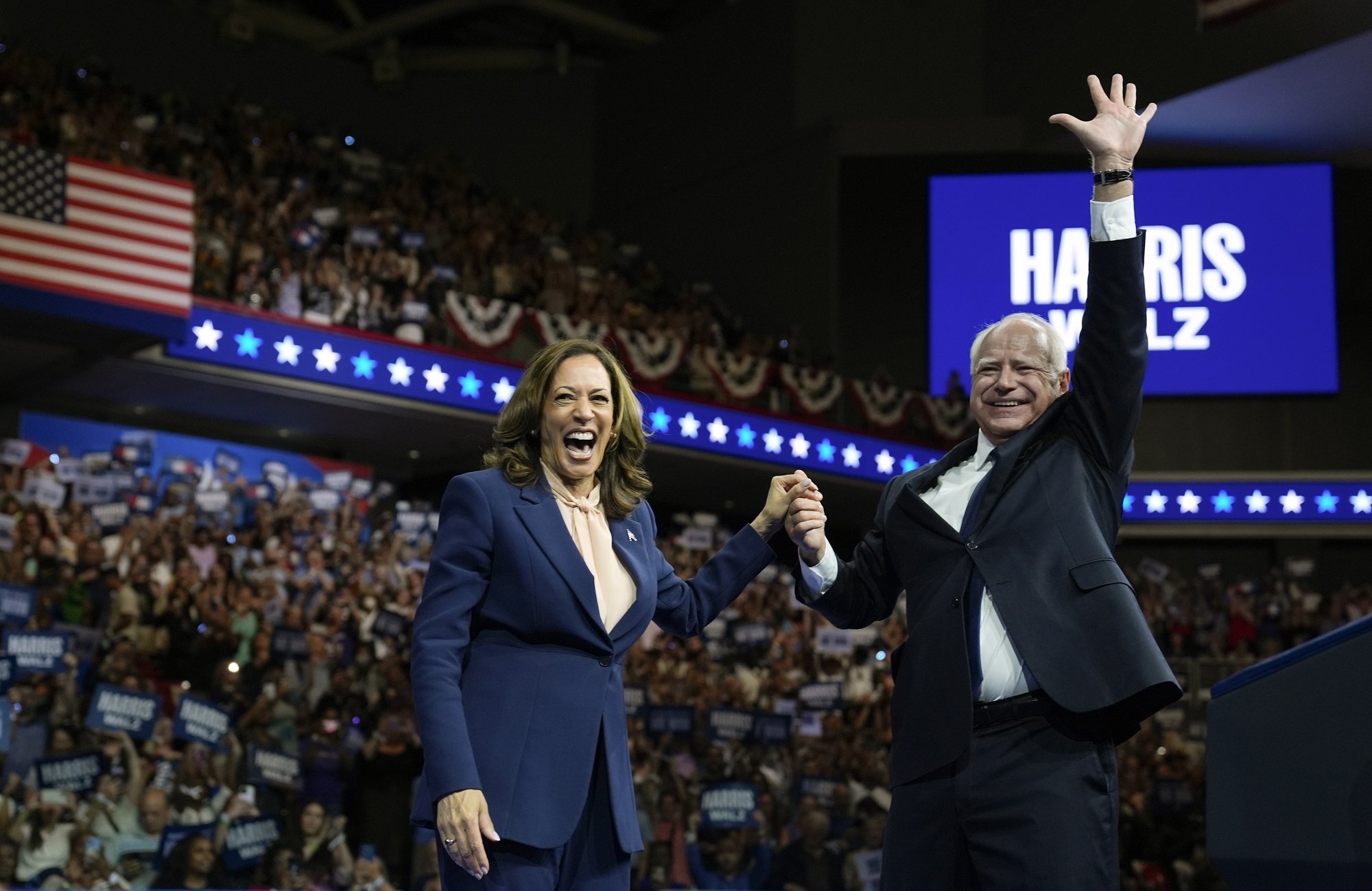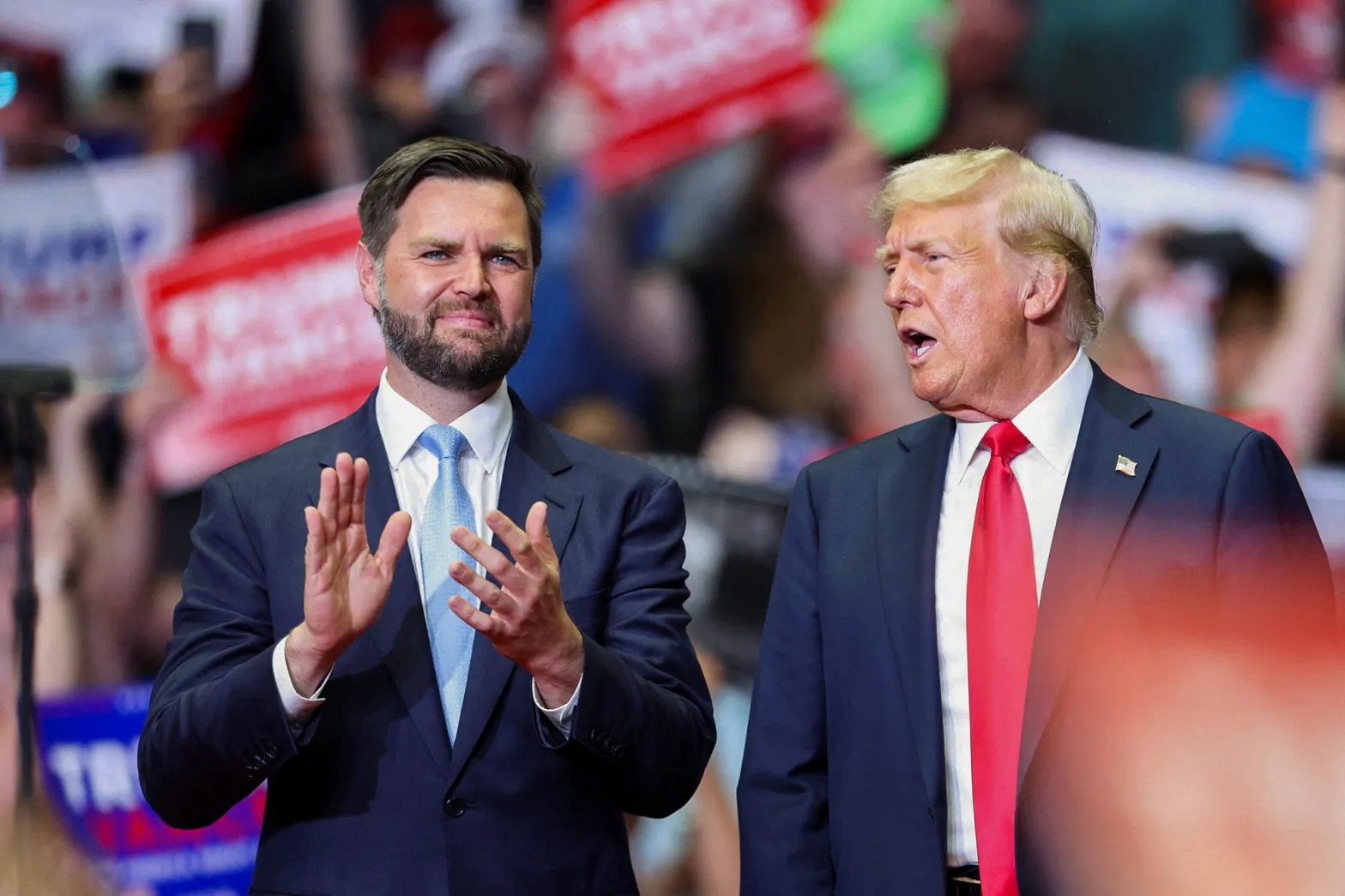The news that the Washington Post and Los Angeles Times will not endorse a candidate for president is reverberating among Bay Area news outlets and highlighting issues of media ownership.
Both newspapers’ editorial boards, which operate independently of the newsrooms, had reportedly drafted endorsements of Vice President Kamala Harris. However, the decision not to endorse ahead of a neck-and-neck race between Harris and former President Donald Trump was influenced by the outlets’ billionaire owners, whose other businesses have lucrative contracts with the government.
Media experts are opining that Post owner Jeff Bezos and Times owner Patrick Soon-Shiong engaged in preemptive self-censoring before a potential second Trump presidency. Society of Professional Journalists ethics leaders condemned the owners’ actions on Monday, saying in a statement that they worry it “marks the beginning, and not the end, of such interference.”
Jesse Garnier, chair of the journalism department at San Francisco State University, said that kind of influence over a newspaper’s publishing further erodes the public’s trust.
“Newspapers have lost a lot of their value and their trust within their communities, and standing on the sidelines and not speaking up to endorse a presidential candidate is just another example of that,” he said.



